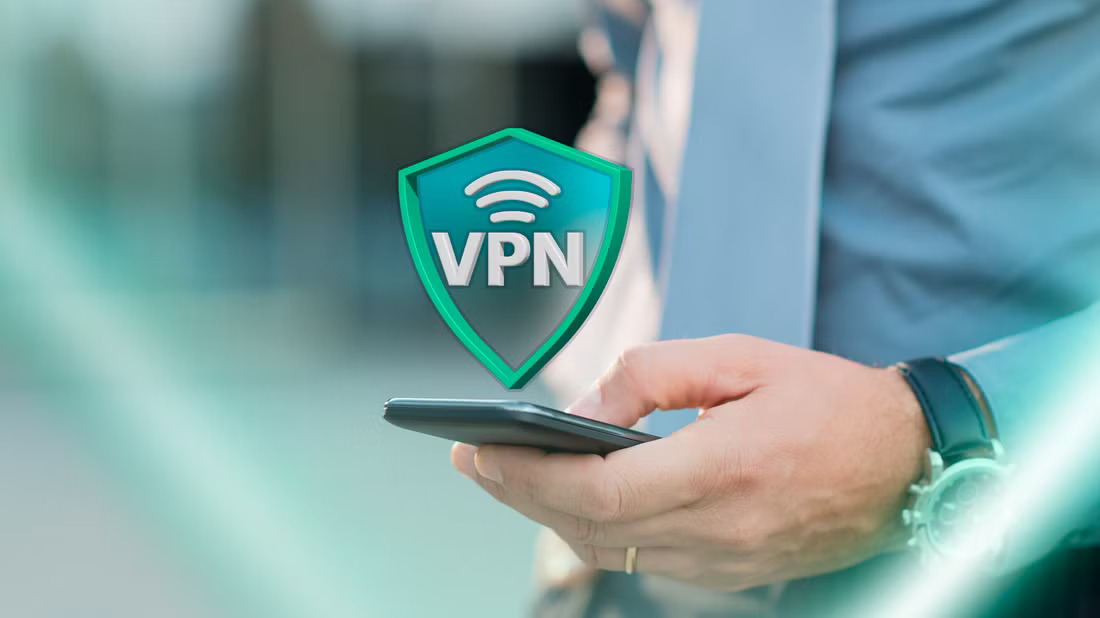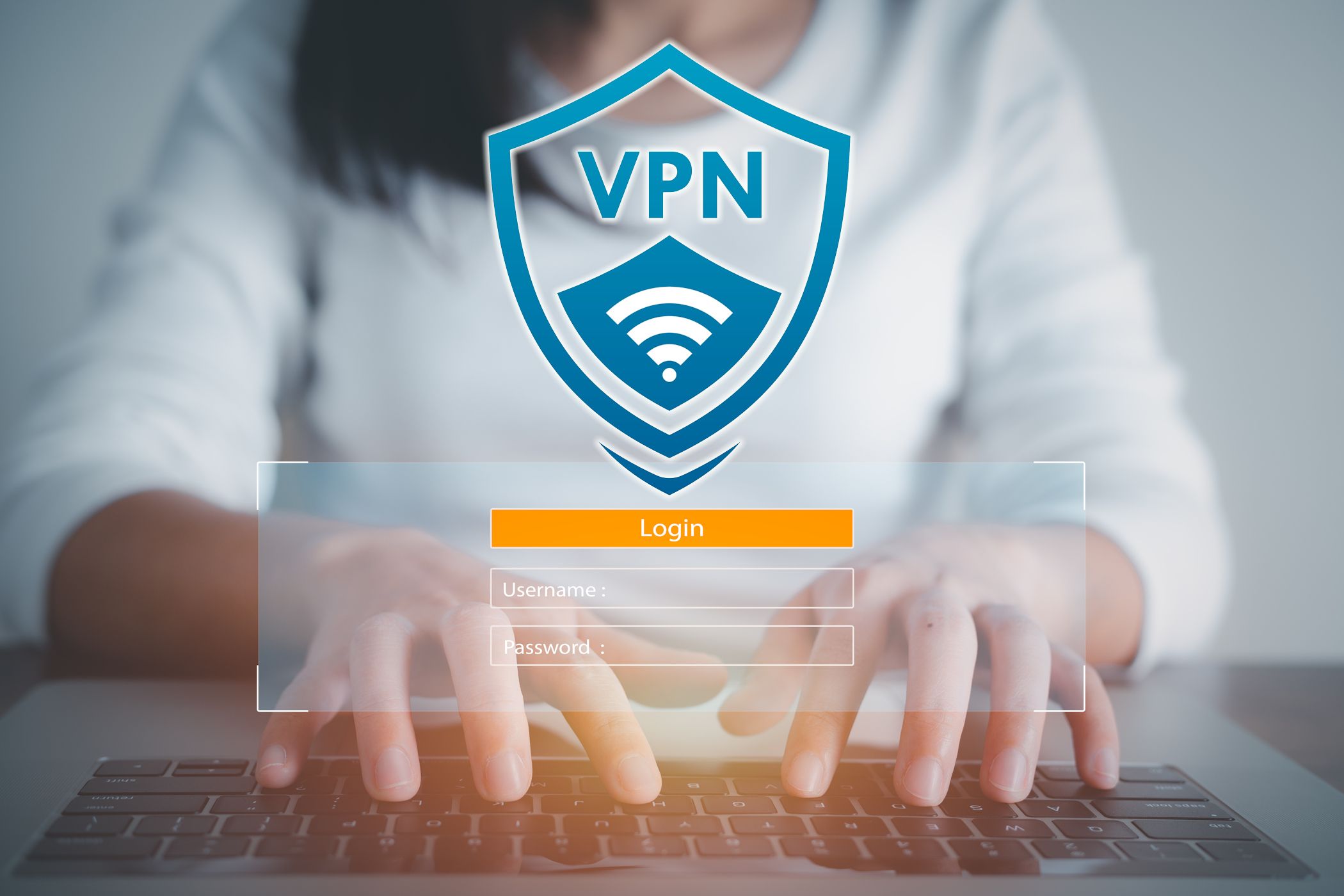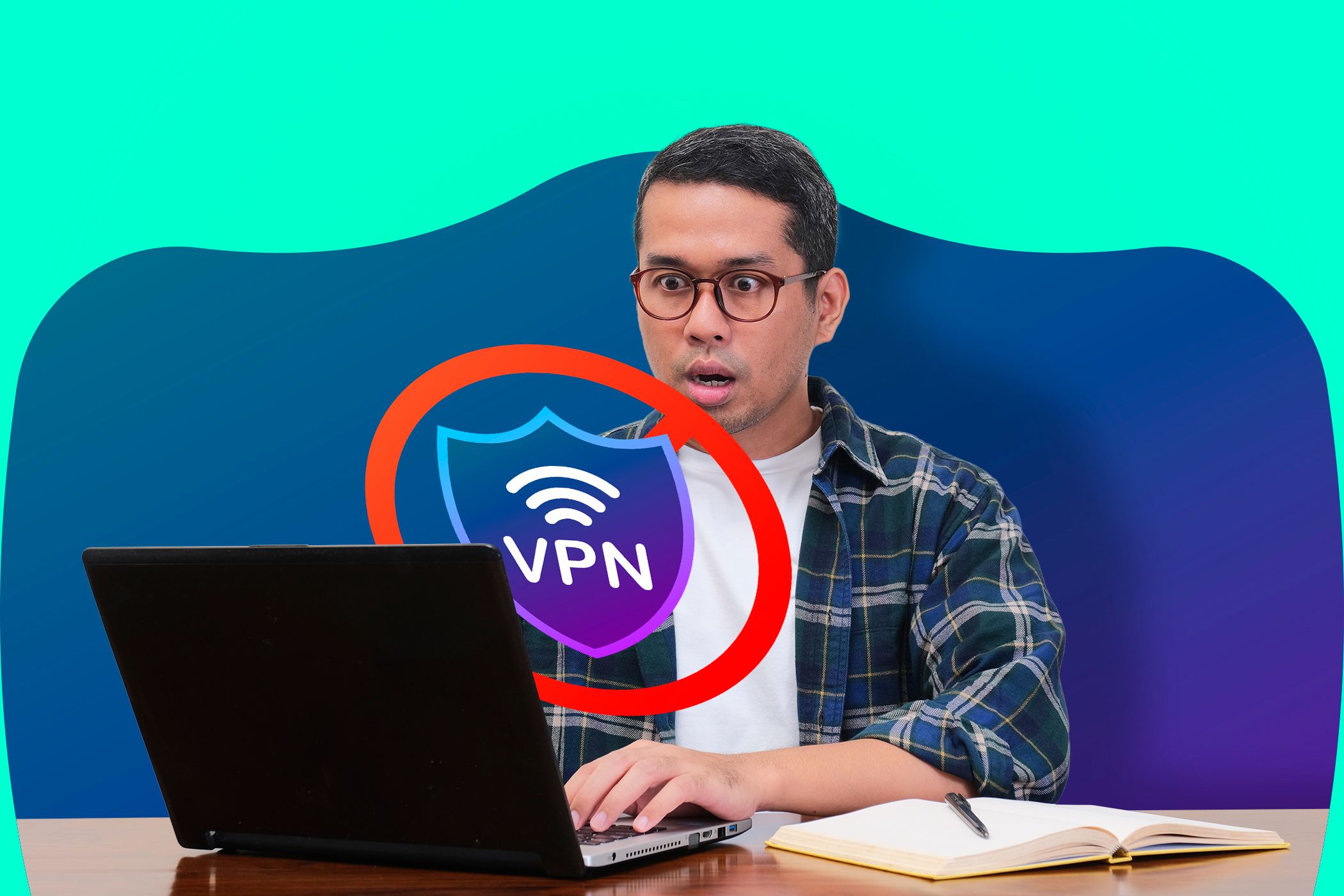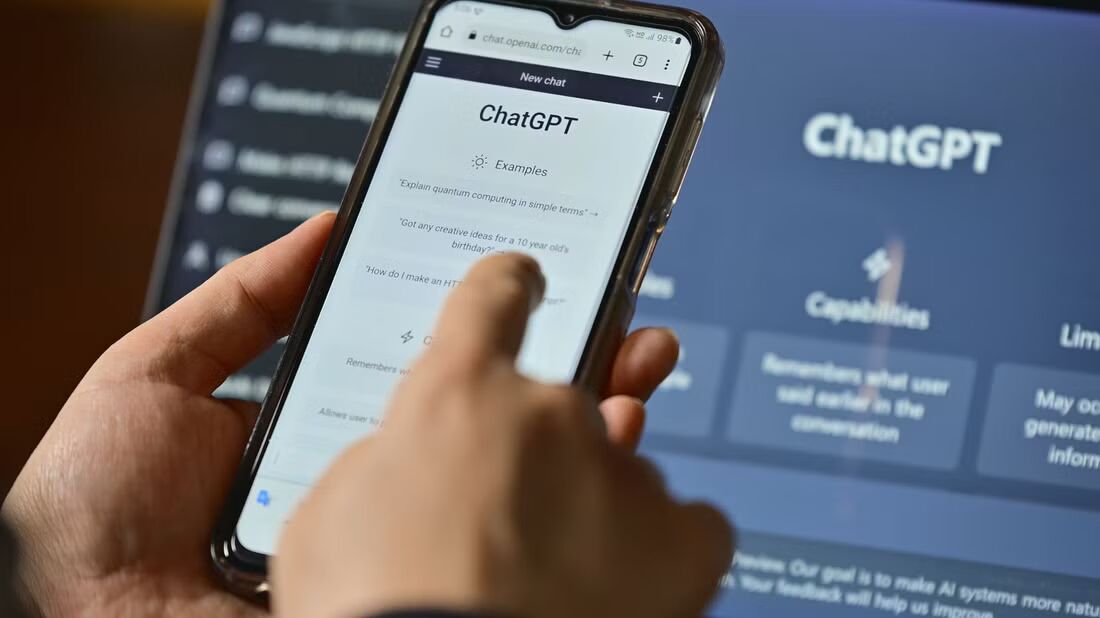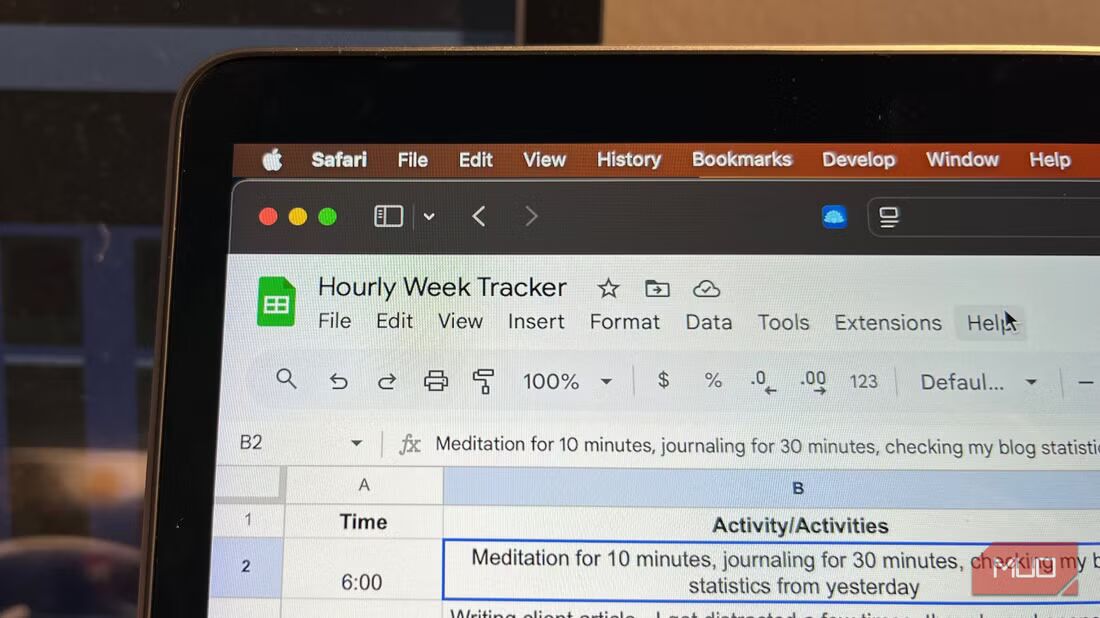With so many VPNs, it can be challenging to know who to trust. Sometimes, the only way to know is by trying—but you can save yourself disappointment by avoiding sneaky VPN sales tactics.
1Fake Reviews
There are heaps of businesses using fake reviews to try and convince you to buy their products. You’ll see these on the App Store, Google Reviews, and review websites.
You may also see fake reviews in the form of biased affiliate reviews. In these instances, the user might not have actually tried the product; they just want to get the commission when they subscribe. Fake affiliate reviews might also be overly positive without offering any downsides.
Fortunately, you can identify fake reviews in several ways. They often look staged and typically offer generic feedback or go way over the top. Many websites also make it possible to see whether purchases were verified, allowing you to determine the legitimacy of a review.
2“Free for X Days” But Difficult to Get a Refund
Many VPNs offer a free trial or risk-free period. For the latter, you can request a refund if you cancel your subscription within a certain number of days.
However, it’s a huge red flag if a customer support team is difficult to work with. While it’s normal to receive incentives that try to make you stay, some teams will go out of their way to stop you from canceling (which, of course, makes you even more likely to cancel).
You can’t really know what a customer support team will be like until you deal with them. However, checking verified reviews is a good way to determine whether you’ll have this problem.
3False Promises
Every product and service naturally emphasizes its most unique selling points. This isn’t a problem in and of itself, but it becomes an issue when they begin making false promises. Unverified claims, such as whether a VPN adopts a no-log policy, are very important to look out for.
Always double-check the claims that VPNs make, and don’t fall for the most common VPN myths. You should also know what VPNs can hide (and what they can’t). Trying the service yourself can also help verify these claims, but you should do so before committing to a long-term purchase.
4Overly Promoted by Creators
Influencer marketing is a powerful tool, and most of it—in my opinion—is legitimate. Nonetheless, I start getting suspicious when I see multiple creators promoting the same VPN within a short period.
My problem isn’t with the creator promoting a product or service. If you truly believe in something you use, I think you’d be foolish not to recommend it to others—especially if you get paid a commission. But it’s very obvious when someone talks about something they have no knowledge of, which I think is often the case here.
I wouldn’t avoid using a VPN just because it’s promoted by lots of creators. I would, however, listen very carefully and decide for myself whether they’re being genuine.
5Fearmongering
Nobody likes enduring bad outcomes, which is why striking fear into people is an effective (though very manipulative) sales tactic. Some VPNs use fearmongering or exaggerated claims about how much danger you’re in to prompt you into a sale.
While VPNs can be an excellent way to improve your online security and make you more anonymous, they aren’t the cure to everything. If you still do other things that compromise your safety, such as downloading software from malicious sites, you’re still at risk (VPNs do not protect you from malware).
Other cybersecurity tools, such as antivirus software, will use similar tactics. Before signing up, always take some time to determine whether you’re making a rational decision.
6“Limited Time Only” Sales
Creating a sense of urgency is one of the oldest marketing tactics, and again, it’s not bad in and of itself. The problem comes when sales and offers aren’t actually for a “limited time only.”
In many instances, your limited-time offers will reset if you access a website from a different device. If you aren’t yet ready to sign up for a subscription, you should not. Wait until you’re absolutely certain, even if that means—on the off chance—you miss out on a limited-time offer.
7Not Being Clear With Revenue Models
When buying anything (including a VPN subscription), I always want to know how the company makes money. The revenue model isn’t a huge deal to me as long as it’s legal and legitimate; if I know that they’re making money, I know that they aren’t going to sell my data or do other things that I would prefer that they didn’t.
It should be very obvious how they make money when you sign up for a VPN service. You should also know their parent companies and if they have these. If you still don’t know how the service generates income despite doing comprehensive research, look for an alternative. Knowing how free VPN providers make money is also important if you don’t want to pay for a subscription.
8Not Disclosing Which Regions They’re Unavailable In
Despite what you might think, VPN providers aren’t always available in every region. You’ll probably have no issues if you’re reading this from the UK, US, or Canada, but it’s worth paying attention in other countries.
Most services will identify which countries and regions they’re available in. This will likely be available in their helpdesk documents, and in some cases, you may be blocked from making a payment if the service isn’t available where you live.
You should also check to see if the VPN service is transparent about any VAT you might need to pay upon signing up.
9“Free” But Not Actually Free
Another sales tactic I strongly dislike is claiming that a service is free when it isn’t. In my opinion, you should only use this message if you have a free tier. If you’re going to bombard me with prompts to sign up after downloading your app, I’ll happily delete it without thinking twice.
Be very careful when VPNs claim to be free. While you can often access a handful of servers without paying, you should also check what you need to pay before signing up. A trustworthy service should disclose this on its website.
If you want to use a free VPN, start with these totally free VPN services.
Although many major VPN providers are legitimate, you need to watch out for deceiving sales tactics. Remember that they’re ultimately trying to make money; this isn’t a problem, but you should look at their messaging critically. Knowing what to look out for will make you more likely to make the right buying decision.
